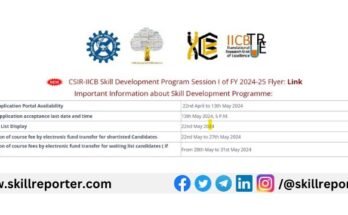Calcutta: Boys drop out from school more often than girls in Bengal – a reverse trend compared to the rest of India.
Yasmin Ali Haque, the representative of UNICEF India, advocated connecting school education in villages with opportunity. She underlined the need for girls to be part of self-help groups and boys to get skill training alongside daily lessons.
“Skill training should be made available. During my visit to a rural school in Kulpi I found some girls wanting to be nurses and doctors. We need to help them access the necessary opportunities to make their dreams come true,” she said during a media interaction in the city.
UNICEF will focus on four districts – Malda, Murshidabad, South 24-Parganas and Purulia – to spread education.
“We have to ensure that education is available in even the remotest corners of these districts. The access to schools should be made safe for girls to stop them from dropping out,” Haque said. “We plan to work both with the state government and local communities. Seventy per cent issues can be solved locally.”
Around 5.8 per cent boys in the state leave school at the upper primary level, taking up jobs to supplement their family income. Around 2.9 per cent girls leave school at the same level. A value-added education system is needed to hold back the floating population, Haque said.
A strong advocate of community involvement, Haque wanted children to fight for their rights and knowledge through community radio service. “Let the voice of children be heard,” she said.
From education, Haque moved on to nutrition and marked child marriage as one of the major reasons for malnutrition in the state. “Only 10 per cent children in the country get adequate qualitative and quantitative nutrition during the weaning period. Under-age undernourished mothers often end up having undernourished kids. Stunting or wasting in a child happens in the first three years. Often young mothers have no clue about what to feed their children. It is important to work with communities and educate them,” she said.
Note: News shared for public awareness with reference from the information provided at online news portals.



